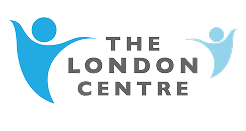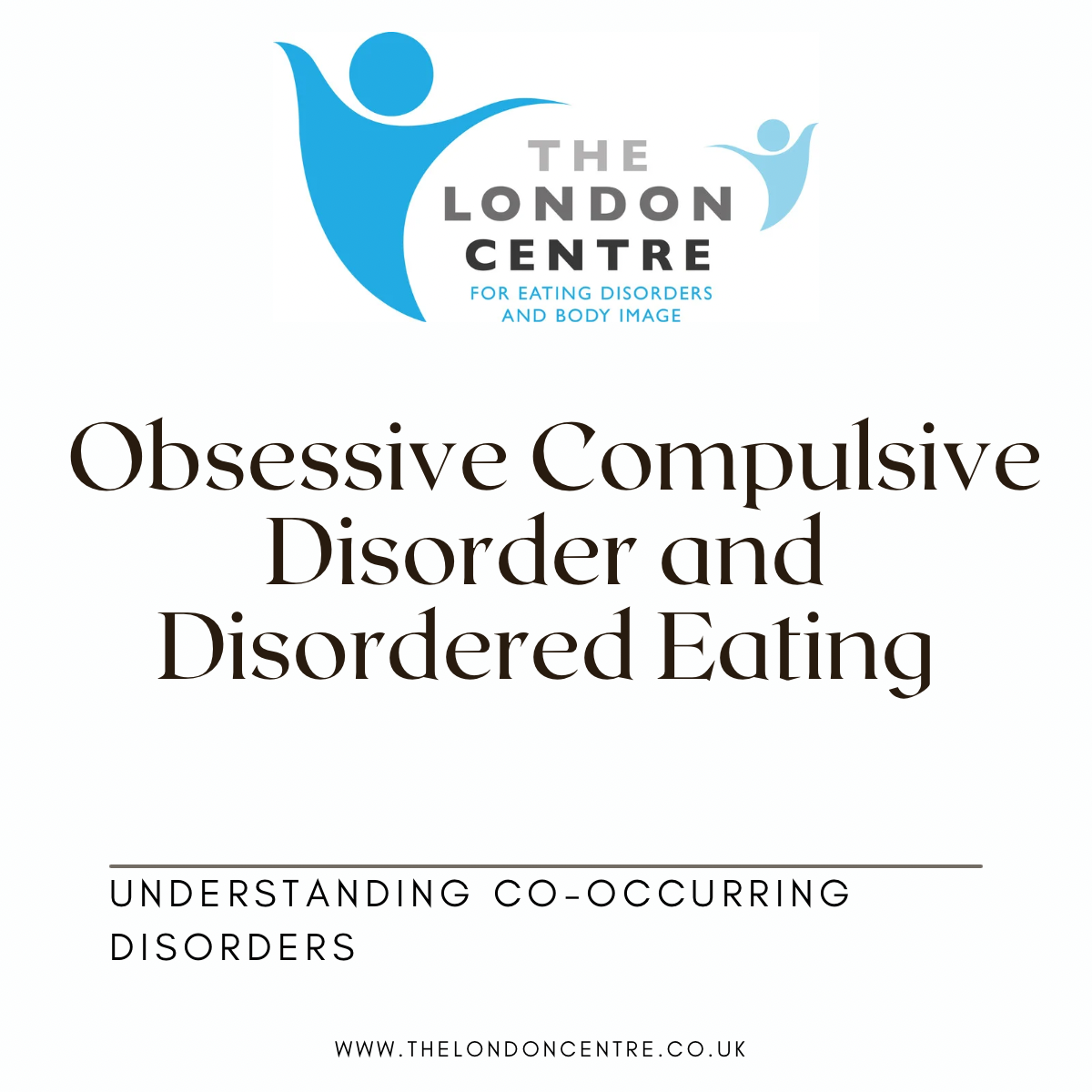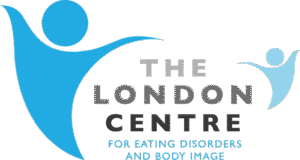Understanding Co-Occurring Disorders: Eating Disorders and Obsessive Compulsive Disorder (OCD)
Obsessive Compulsive Disorder (OCD) and eating disorders often co-occur, often creating additional challenges for individuals affected by both conditions. Understanding the signs, symptoms, and the interplay between OCD and eating disorders is crucial for effective treatment.
Signs and Symptoms:
- Obsessive Thoughts: Individuals with OCD experience intrusive and distressing thoughts that lead to anxiety. When these thoughts centre around body image, weight, or food, they can contribute to the development or exacerbation of eating disorders.
- Compulsive Behaviours: OCD is characterised by repetitive behaviours aimed at reducing anxiety (often referred to as safety behaviours). In the context of eating disorders, this may manifest as compulsive exercising, strict dietary rules, or rituals around food consumption.
- Perfectionism: Both OCD and eating disorders often involve a relentless pursuit of perfection. Individuals may set unrealistically high standards for themselves in terms of appearance, leading to a harmful cycle of self-criticism and control.
The Relationship Between OCD and Eating Disorders:
The relationship between eating disorders and OCD is a complex one. OCD can predate and feed into the development of an eating disorders, it can develop or worsen as a result of an eating disorder, especially in restrictive eating disorders where starvation syndrome can fuel behavioural rigidity, lack of cognitive flexibility, and obsessional thinking. Equally OCD and eating disorders can coexist but remain quite separate, with the obsessions and compulsions seen in OCD not sharing significant overlap with thoughts and behavioural around food. Some of the ways that OCD and eating disorders may overlap can include:
- Shared Traits: OCD and eating disorders share common traits, such as perfectionism, anxiety, and obsessive thoughts. The presence of these factors may increase the risk of developing or exacerbating the other condition.
- Control as a Coping Mechanism: Many individuals with eating disorders use food and body weight as a means of gaining control over their lives. In the context of OCD, the need for control may extend to other aspects of life, creating a reinforcing cycle.
- Cognitive Distortions: Both conditions involve distorted thinking patterns. For example, individuals may engage in black-and-white thinking, viewing their worth solely through their appearance or the strict adherence to rituals.
Treatment Approaches:
- Integrated Treatment: A comprehensive approach that addresses both OCD and eating disorders simultaneously is often the most effective. This may involve therapy modalities like Cognitive Behavioral Therapy (CBT) and Exposure and Response Prevention (ERP).
- Medication: In some cases, medication may be prescribed to alleviate symptoms of OCD or co-occurring conditions. Antidepressants, particularly selective serotonin reuptake inhibitors (SSRIs), are commonly used.
- Nutritional Counselling: Incorporating nutritional counselling into the treatment plan helps address the specific challenges related to eating behaviours. It can provide support in establishing a healthier relationship with food.
- Support Groups: Engaging in support groups or group therapy sessions can offer individuals a sense of community and understanding, reducing the isolation often experienced with these co-occurring conditions.
Understanding the intricate relationship between OCD and eating disorders is crucial for tailoring effective treatment plans. By addressing both aspects concurrently, individuals have a better chance of achieving lasting recovery and improved mental well-being.
For more information or if you wish to book an appointment, please click here.








